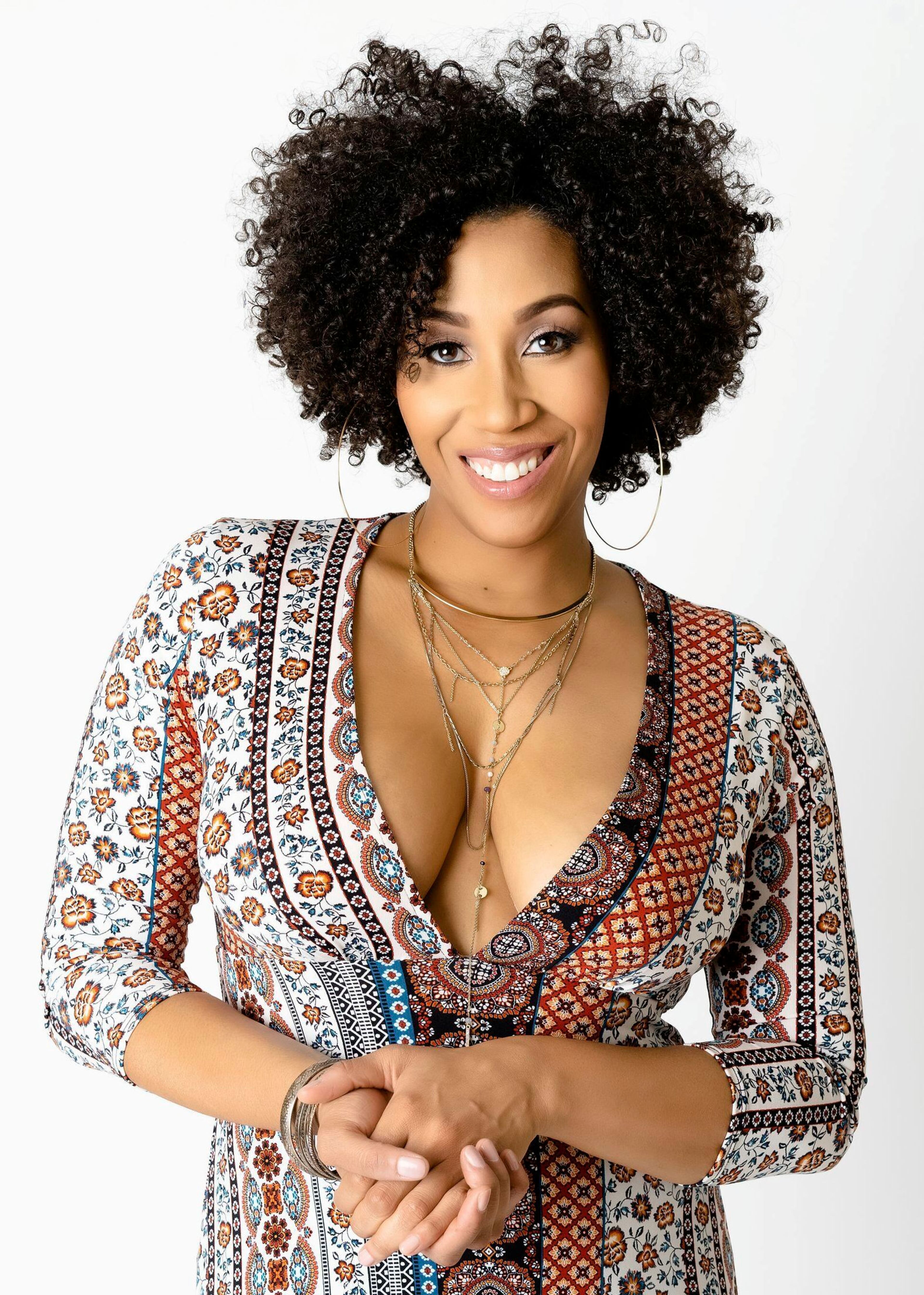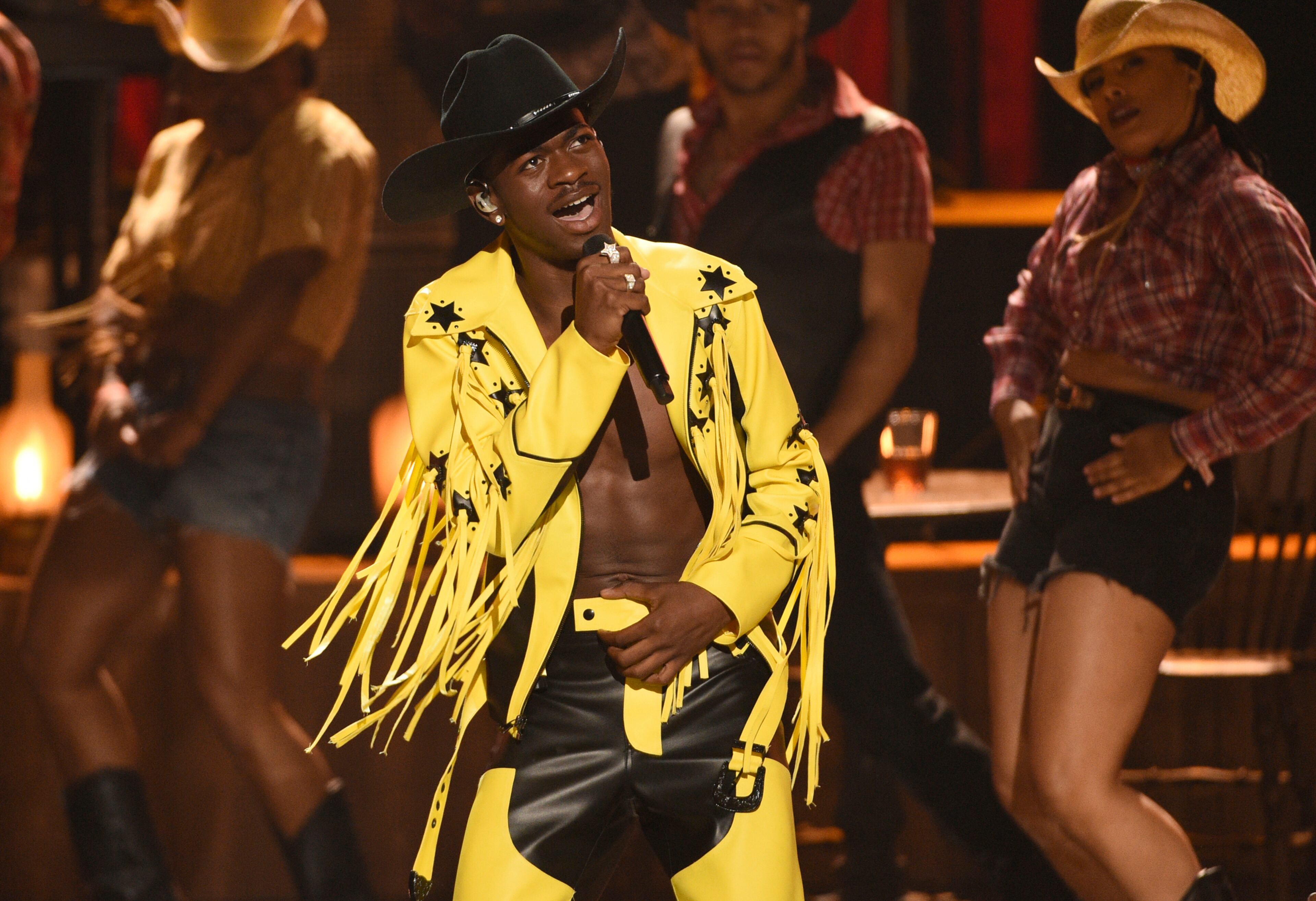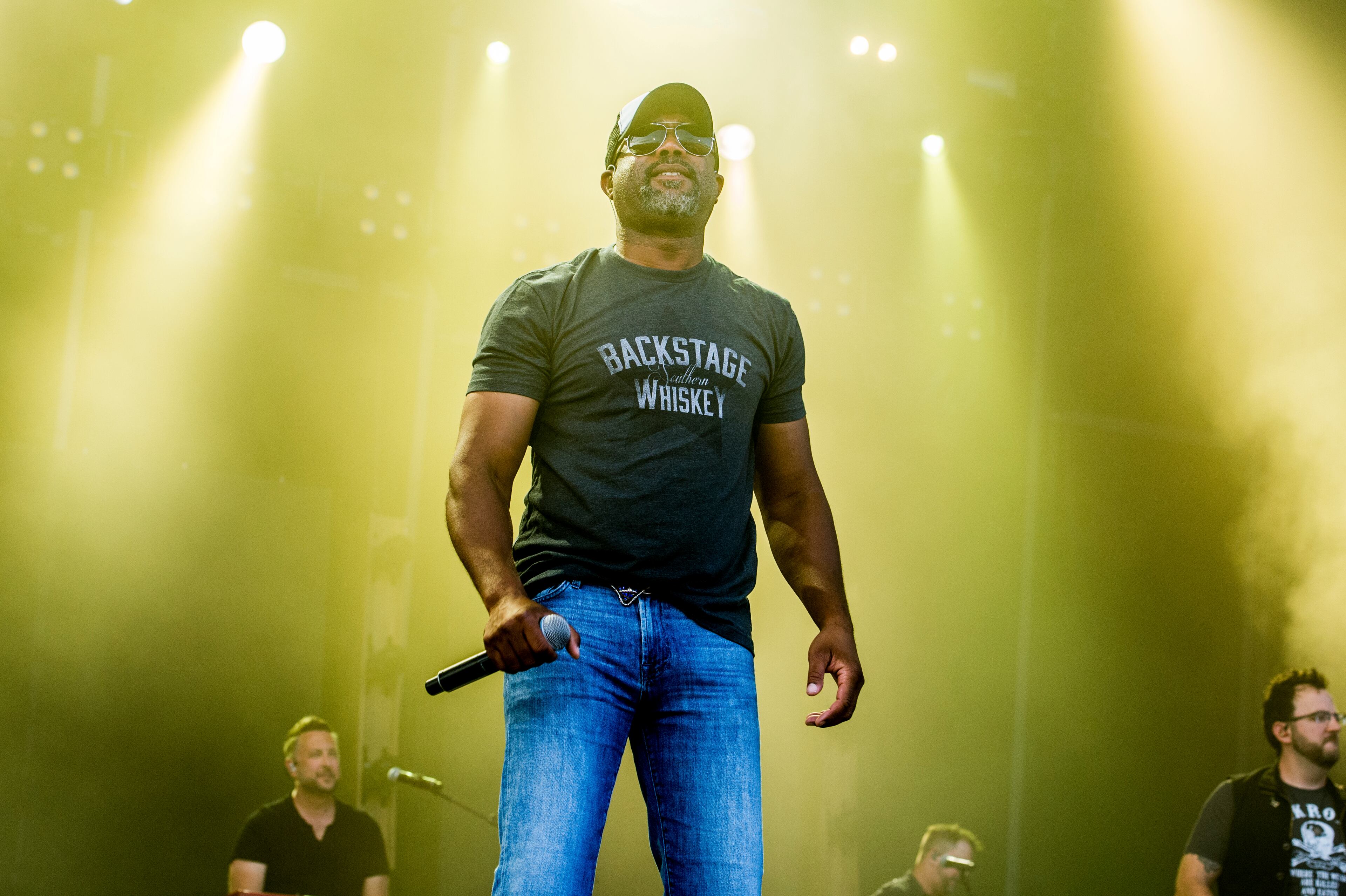Atlanta country rapper, others say industry needs to change

When country singer Rissi Palmer was working on her debut album, she wanted a song that would introduce her to fans. On her 2007 debut single, "Country Girl," she explained that she didn't have to look or talk a certain way to call herself a country girl.
"I said that I am not white in the first verse, and the label was like, 'No, no, no,' " said Palmer, who said she rewrote the lyrics to make it feel more universal. "It was very intentional when I wrote that song to talk about all the women, or all the people, that might not necessarily fit in the box, but are still of the same mindset."

The country music industry has been hesitant to talk about its own long and complicated history with race, but the death of George Floyd that sparked rallies all across the country became an issue too important for the genre to ignore.
Country artists, labels and country music organizations posted about Black Lives Matter on social media, participated in Blackout Tuesday or denounced racism outright. But Black artists say the industry still needs to address the systemic racial barriers that have been entrenched in country music for decades.
Stereotypes that country music is just for white audiences and sung by mostly white males are reinforced daily on country radio, playlists, label rosters and tour lineups.
In recent years, however, the conversations have shifted to reach a broader understanding that non-white artists have always been in country music, even if they aren’t recognized.
On Thursday, The Dixie Chicks announced they would drop "Dixie″ from their name. The group said in a statement it wanted to meet "this moment."
Artist/scholar Rhiannon Giddens received a MacArthur Foundation grant for her work to reclaim Black contributions in country and folk music. Artists including Darius Rucker, Kane Brown and Jimmie Allen have all had No. 1 country hits in recent years, while Mickey Guyton just released an unflinching song called "Black Like Me." But that ingrained culture remains a struggle to change.
“I used to get messages all the time on MySpace, saying, ‘I am so sick of you. Why are you trying to be white?’ or ‘Why are you trying to take over country music?’ ” said Palmer, who had three singles on the Hot Country Songs Chart.

Atlanta-based country rapper Breland also wanted to address, with a wink, country music's racial blinders with his TikTok-fueled viral song "My Truck." The music video starts with a white guy in a black cowboy hat singing as smoke billows across a dusty landscape, then Breland abruptly shoves him out of the frame to announce, "Don't touch my truck."
Breland, whose song reached No. 26 on Billboard’s Hot Country Songs chart and has been remixed with Sam Hunt, said the genre can’t continue to market to one type of audience.
In case me singing Tennessee Whiskey was something you wanted to hear today 😇🥃 pic.twitter.com/7bx3wLiqOJ
— Breland (@breland) June 25, 2020
“There’s a group of country listeners who love country music because of the way it sounds but don’t love some of the politics that they know are going on behind the scenes,” he said.
Historically country music was created by and played across white and Black communities in the South, but white country music was marketed toward the rising white middle class as a way to make the genre more respected and hugely profitable, said Amanda Marie Martinez, a historian and writer who is studying country music and race.
“In the process, they’ve also prioritized the kind of white, middle income, relatively conservative listener as their demographic, kind of the opposite of youth culture,” said Martinez.

But there were periods of diversity, such as the post-Civil Rights era, when Black artists including Charley Pride, Linda Martell, O.B. McClinton and Stoney Edwards were having success, alongside Johnny Rodriguez and Freddy Fender, who were singing in English and Spanish.
The Academy of Country Music and the Country Music Association started diversity task forces more than a year ago when country music was being criticized for a lack of female voices and women were being left out of major categories including entertainer of the year.
But just as country artists outwardly reflect a predominantly white image, there are few Black country music executives working behind the scenes, too.
Candice Watkins got one of her first big breaks in country music as the day-to-day manager for Keith Urban between 2009 and 2011. It was in that role when she first realized that she was often the only Black person at the boardroom table.
Watkins, who is now the vice president for marketing for Big Loud Records, said her label supports her and values her opinion, but that might not be the same for others who are minorities at their companies.
“How is a young A&R person empowered to come back to the table and maybe pitch a Black artist or person of color? Culturally speaking, do they feel free to do that or do they automatically know this is dangerous ground for them to even bring up?” Watkins said. “There’s a dismantling of culture that needs to happen.”
Palmer, who will release a podcast about women of color in country music, feels optimistic that progress can happen in country music if real changes are implemented.
“I love country music, always have, always will,” said Palmer. “And it would be a shame if not everybody got to enjoy it because of the outward package.”

